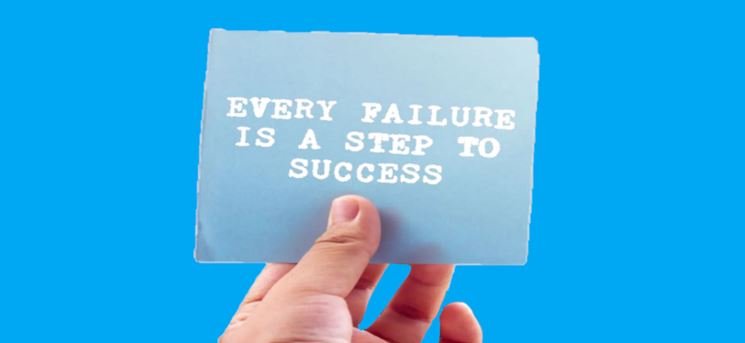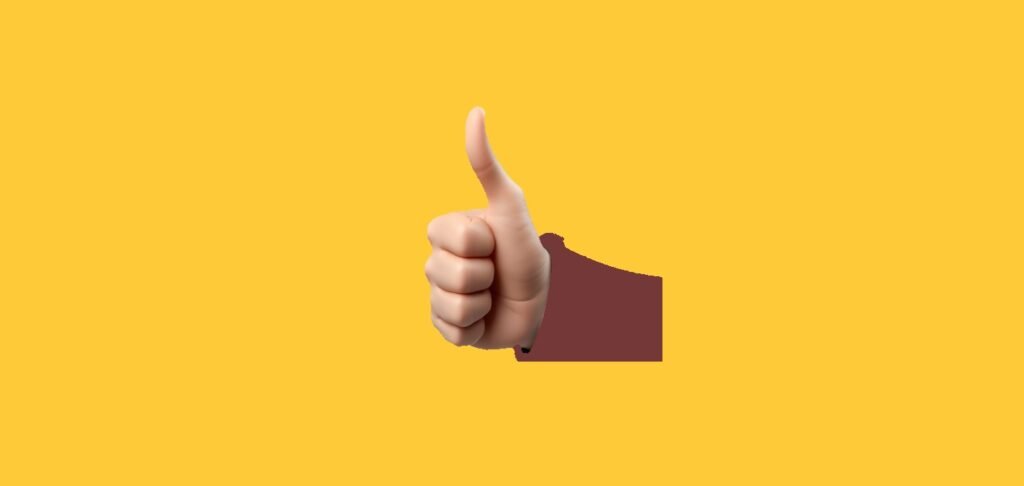Table of Contents
Introduction: The Balance Between
Freedom and Control
Personal freedom is a fundamental human right that allows us to live our lives according to our values, beliefs, and desires. We think we are free, but how much freedom do we actually have? Where do we draw the line between personal choices and government control? Understanding this balance is crucial as it impacts not only our individual lives but also the broader society. This article looks at the delicate relationship between personal freedom and government control. It explores the limits, effects, and how you can deal with this complex situation.
The Concept of Personal Freedom
Personal freedom refers to the ability to make choices without undue interference or restriction from others, including the government. It is the liberty to express oneself, choose one’s lifestyle, and pursue happiness. However, this freedom is not absolute. It is subject to limitations that ensure the safety, security, and welfare of the community.
Key Aspects of Personal Freedom:
Freedom of Speech:
Freedom of speech is the right to express your ideas and opinions openly without fear of punishment or censorship from the government or other authorities. This means you can share your thoughts, whether they are popular or controversial, without being silenced or restricted. This freedom is a key part of democratic societies because it allows for a diverse range of voices and ideas, helping people make informed decisions and engage in meaningful discussions.
Freedom of Religion:
Freedom of religion means that individuals have the right to choose and practice any religion they believe in or to decide not to follow any religion at all. This freedom allows people to worship according to their own beliefs without interference or pressure from the government or others. It also protects the right to change one’s religion or belief system, ensuring that everyone can follow their conscience and live in accordance with their personal values and spiritual practices.
Freedom of Assembly:

Freedom of assembly is the right to come together with other people in a peaceful manner for various reasons, such as protests, celebrations, or meetings. This freedom allows individuals and groups to express their views, share ideas, and work collectively toward common goals without fear of interference from the government. As long as the gathering is non-violent and does not disrupt public order, people are free to assemble and voice their opinions or interests.
Freedom of Movement:
Freedom of movement is the right to travel and live anywhere within a country’s borders without restrictions. This means you can move from one place to another, choose where you want to live, and travel freely within the country. It ensures that people have the ability to seek opportunities, live where they feel most comfortable, and access different parts of the country without facing unnecessary barriers or limitations.
These freedoms are essential to individual autonomy, but they come with responsibilities and are often balanced against the rights of others.
The Role of Government Control
Government control refers to the regulations, laws, and policies implemented by the state to maintain order, protect citizens, and promote the general welfare. While this control is necessary for a functioning society, it can sometimes infringe on personal freedoms.
Key Functions of Government Control:
Maintaining Public Order:
Maintaining public order involves enforcing laws and regulations to keep society safe and orderly. This means making sure that people follow rules and behave in ways that prevent chaos, crime, and disruption. By doing this, authorities help ensure that everyone can go about their daily lives in a safe and organized environment, where rights are protected and conflicts are managed effectively.
Protecting Public Health:
Protecting public health means taking steps to keep everyone healthy and prevent the spread of diseases. This includes measures like vaccinations to protect against illnesses, quarantine to isolate people who might be contagious, and health regulations to ensure clean environments and safe practices. By implementing these measures, authorities help prevent outbreaks and ensure that the population stays healthy and safe from various health threats.
Ensuring National Security:
Ensuring national security involves using tools like surveillance, border control, and defense measures to protect a country from external threats. Surveillance helps monitor and prevent potential dangers, border control manages who enters and leaves the country to prevent illegal activities, and defense measures protect against attacks from other countries. These actions help keep the country safe and secure from potential risks and threats.
Regulating the Economy:
Regulating the economy involves creating and enforcing policies that manage how trade is conducted, how taxes are collected, and how businesses operate. These policies help ensure economic stability by controlling factors like prices, employment, and economic growth. By setting rules and guidelines, governments aim to keep the economy balanced and functioning smoothly, which supports overall prosperity and prevents problems like inflation or financial crises.
While these controls are meant to protect and serve the public, they can sometimes lead to restrictions on personal freedom. For example, laws against hate speech protect individuals from harm but may limit freedom of expression.
The Intersection of Personal Freedom and Government Control
The relationship between personal freedom and government control is not a simple one. They often overlap, leading to tensions and debates about where the line should be drawn.
Case Studies:
1. Public Health vs. Personal Choice: During the COVID-19 pandemic, governments worldwide implemented lockdowns, mask mandates, and vaccination requirements. While these measures aimed to protect public health, they also sparked debates about individual rights to make personal health choices.
2. Freedom of Expression vs. National Security: In times of national crisis, such as during wars or terrorist threats, governments may impose restrictions on speech, media, and movement. While these measures protect national security, they may infringe on personal freedoms.
3. Economic Regulations vs. Free Market: Governments often regulate industries to prevent monopolies, protect consumers, and ensure fair competition. However, too much regulation can stifle innovation and limit economic freedom.
These examples highlight the complex interplay between individual rights and government responsibilities. Striking the right balance is key to ensuring that both personal freedom and societal well-being are preserved.
The Limits of Personal Freedom
Personal freedom is not limitless. There are boundaries set by laws, societal norms, and ethical considerations. These limits are essential to prevent harm, ensure fairness, and maintain social order.
Key Limitations:
Harm Principle:
The freedom to act as one chooses is limited by the potential harm those actions may cause others. For example, freedom of speech does not include the right to incite violence or spread false information that could cause harm.
Legal Boundaries:
Laws set clear limits on what is acceptable behavior. For example, while you have the freedom to drive, this is limited by traffic laws designed to protect everyone on the road.
Moral and Ethical Considerations:
Society’s moral and ethical standards also impose limits on personal freedom. Actions that are legal but ethically questionable, such as exploiting loopholes in the law for personal gain, are often frowned upon.
These limitations serve as a reminder that freedom is not just about individual rights but also about the responsibility we have towards others.
The Consequences of Government Overreach
While government control is necessary, overreach can lead to significant issues, including the erosion of personal freedoms and the rise of authoritarianism. When governments exercise too much control, it can lead to:
Suppression of Dissent:
Excessive control can stifle free speech and prevent people from expressing opposing views.
Invasion of Privacy:
Increased surveillance and data collection by governments can infringe on individuals’ privacy rights.
Economic Inefficiency:
Overregulation can hinder business innovation, leading to economic stagnation.
Social Discontent:
When people feel their freedoms are unjustly restricted, it can lead to protests, civil unrest, and a breakdown in trust between the government and citizens.
Knowing these possible consequences is important for supporting a balanced approach where the government controls in a way that respects personal freedoms.
Finding the Balance: Your Role as a Citizen
As a citizen, you play a crucial role in shaping the balance between personal freedom and government control. By staying up-to-date, taking part in elections, and making governments responsible, you can help make sure your rights are protected while helping the community.
Steps You Can Take:
Stay Informed:
Keep up-to-date with current events, government policies, and your rights. A well-informed population is crucial for the maintenance of a strong democracy.
Exercise Your Rights:
Vote, protest, and use your voice to advocate for policies that respect personal freedom and promote justice.
Engage in Dialogue:
Discuss these issues with others to gain different perspectives and understand the complexities involved.
Hold Governments Accountable:
Support transparency and accountability in government actions. Demand explanations for policies that affect your freedoms and advocate for changes when necessary.
By actively participating in the political process, you can help maintain a balance that respects both individual rights and the needs of society.
Conclusion: Your Life, Your Choices, Personal Freedom
The balance between personal freedom and government control is a dynamic and ever-evolving issue. As society changes, so do the boundaries between what is considered acceptable personal choice and necessary government intervention. By knowing the limits of both, you can make smart choices about your life and help a society that respects both individual rights and group responsibilities.



